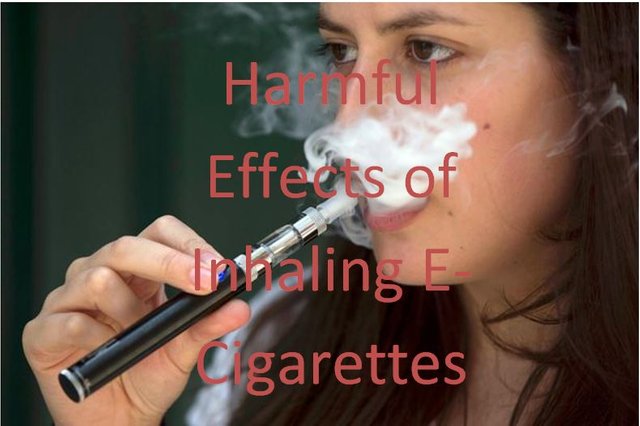E-cigarettes-often recommends as a safer alternative to cigarette smoking- may modify the DNA in the oral cells of users, potentially increasing the risk of cancer.
When is it introduced?
Introduced to the market in 2004, e-cigarettes are handheld electronic devices that heat a liquid, usually containing nicotine, into an aerosol that the user inhales.
What is vaping?
Different flavours of liquids are available, including many that appeal to youth, such as fruit, chocolate and candy. The popularity of e-cigarettes continues to grow worldwide, but the longterm effects of e-cigarette usages commonly called "vaping," are unknown. "I want to characterise the chemicals that vapers are exposed to, as well as any DNA damage they may cause, "said Romel Dator, who presented the study at the 256th National Meeting & Exposition of the American Chemical Society.
According to a 2016 report by the US Surgeon General, 13.5 per cent of middle school students, 37.7 per cent of high school students and 35.8 per cent of young adults have used e-cigarettes, compared with 16.4 per cent of older adults(25 years or up). "It is clear that more carcinogens arise from the combustion of tabacco in regular cigarettes than from the vapour of e-cigarettes, " said Silvia Balbo, from the University of Minnesota in the US.
However, I don't really know the impact of inhaling the combination of compounds produced by this device. Just because the threats are different doesn't mean that e-cigarettes are completely safe.
To characterise chemical exposures during vaping, researchers recruited five e-cigarette users. They collected saliva samples before and after a 15 minutes vaping session and analysed the samples for chemicals that are know to damage DNA. To evaluate posible long-term effects of vaping, the team assessed DNA damaged in the cells of the volunteer's mouths.
The researchers use mass-spectrometry-based methods they had developed previously for a different study in which they evaluate oral DNA damage caused by alcohol consumption. Researchers identified three DNA damaging compounds, formaldehyde, acrolein and methylglyoxal.
Finally, statement is compared with people who do not vape, four of the five e-cigarette users showed increased DNA damage. The type of damage called a DNA adduct, occurs when toxic chemicals, such as acrolein, react with DNA.
Authors get paid when people like you upvote their post.
If you enjoyed what you read here, create your account today and start earning FREE STEEM!
If you enjoyed what you read here, create your account today and start earning FREE STEEM!
